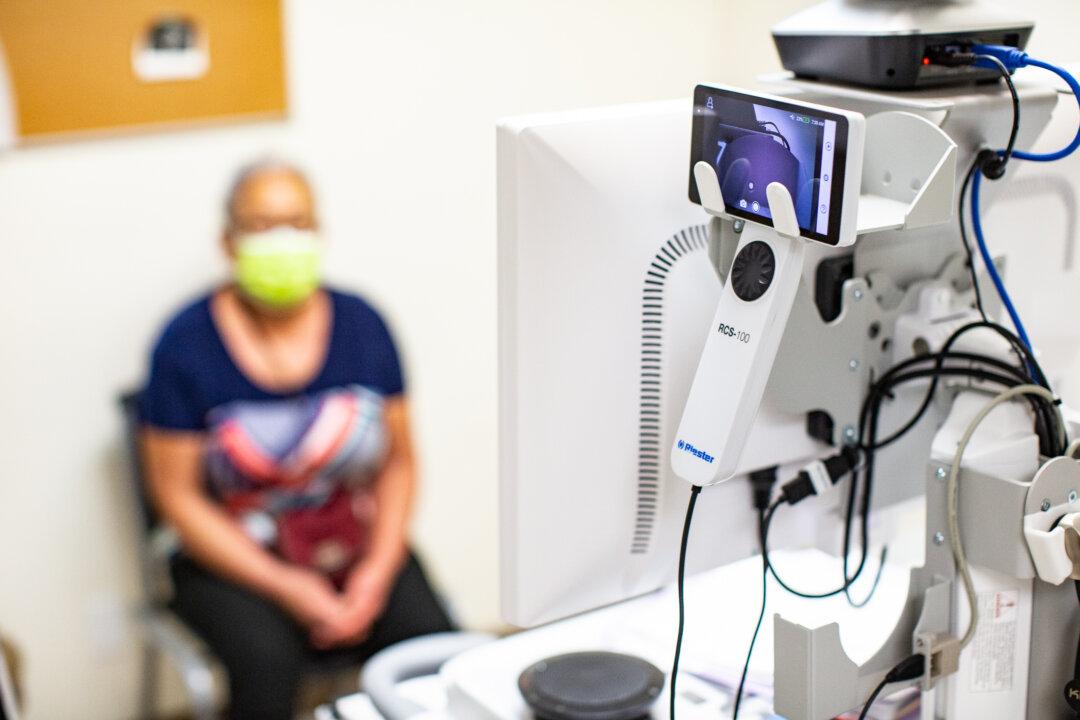America is facing a health crisis and it isn’t made up of bacteria or viruses—instead, it’s an impending medical insurance meltdown.
There’s an expectation that, as of Jan. 11, an estimated 15 million Americans will begin to lose health coverage.

America is facing a health crisis and it isn’t made up of bacteria or viruses—instead, it’s an impending medical insurance meltdown.
There’s an expectation that, as of Jan. 11, an estimated 15 million Americans will begin to lose health coverage.